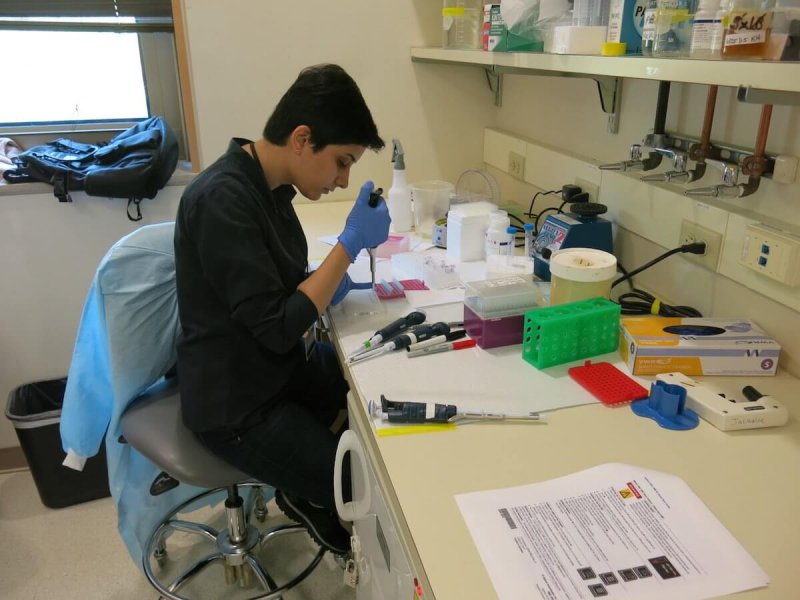It can feel shocking when someone disparages a golden person, thing or technology — and in recent years, no emerging technology has glittered as brightly as the gene-altering technique known as Crispr. So some investors were apparently jolted earlier this month when MIT Technology Review ran a news item headlined “Uh-Oh — Crispr Might Not Work in People.”
…
Crispr still promises to transform agriculture, manufacturing and other endeavors, but making it “work” in people — presumably by treating diseases — presents a different challenge, since human lives are on the line.
The news item under the “might not work” headline described an unpublished but credible study out of Stanford University, which used samples of human blood to demonstrate that some forms of Crispr-based therapies might set off a dangerous immune response.
One of the authors of the paper, Stanford pediatrics professor Matthew Porteus, said the take-home message isn’t that Crispr might not work in people, but that it might work in principle, and that a scientist somewhere might make a fatal mistake and that could set everything back for years.
That is, there are probably ways scientists could proceed to test Crispr that would save lives and heal the sick, and other ways that would accidentally harm or even kill people.
…
Technological hurdles are inevitable. But while some investors may let themselves get tossed around by every wave reported in the headlines, most scientists are taking a longer view.
Read full, original post: Scientists Don’t Fear a New Crispr Snag































